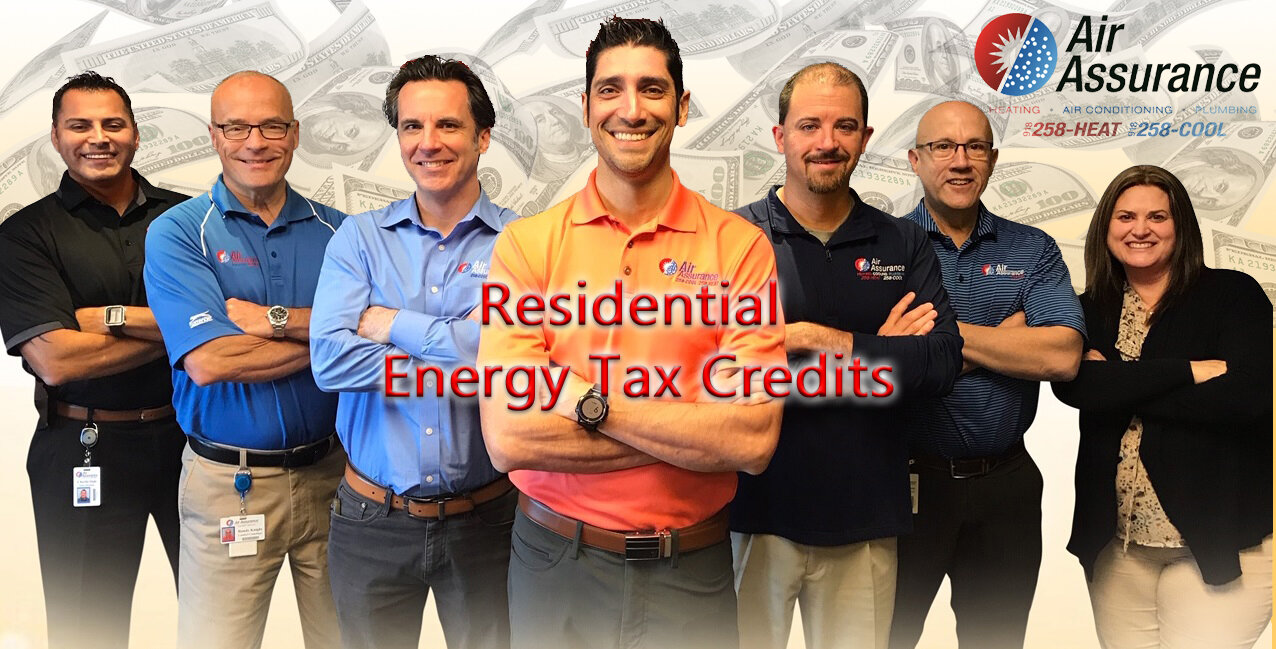FURNACE REPAIR SERVICES - TULSA OK
With winter just around the corner in Oklahoma, now's the right time to start preparing your furnace or heat pump for the cold weather. This means both professional maintenance and do-it-yourself tasks, to make sure your forced-air heating system will be ready when the temperatures go south of freezing.
Preparing your heating system for winter early is a good idea since many HVAC businesses get very busy once cold weather arrives.
A professional furnace or heat pump maintenance visit will accomplish the following:
Enhance energy efficiency. An efficient furnace or heat pump will require less energy to provide comfortable heating than a system for which maintenance has been neglected.
Ensure safety. The technician will inspect and adjust your heating system to minimize the risk of fire or hazardous gas leaks in a combustion furnace, or electrical or refrigerant issues in a heat pump.
Repair small problems before they turn into big, expensive ones.
Ensure proper airflow so all parts of your home are evenly and comfortably heated.
What Happens During Professional Maintenance?
While different levels of maintenance are available, a comprehensive heating system maintenance visit will include an inspection of your equipment and air distribution system. The technician should clean and lubricate moving parts, check the thermostat, electrical connections and system controls, and perform appropriate diagnostic tests. They'll also replace the air filter if necessary.
With furnace maintenance, the technician will check and/or adjust the ignition system and combustion burners, making sure the burners aren't clogged. They'll check that the exhaust system is working correctly, among other things.If you have a heat pump, the technician should check the refrigerant level, ensure that heat-exchange coils are clean, and make sure the condensate drain system isn't clogged.
Homeowner maintenance steps include regular air filter checks, making sure the area around the heating appliance is clean and clear of clutter, and removing any items that might be blocking heating vents and registers.
To schedule a fall maintenance tune-up for your heating system, please contact us at Air Assurance, providing quality HVAC services to Broken Arrow and the surrounding area.
Our goal is to help educate our customers in the Tulsa and Broken Arrow, Oklahoma area about energy and home comfort issues (specific to HVAC systems). For more information about furnaces and other HVAC topics, call us at 918-217-8273.




















